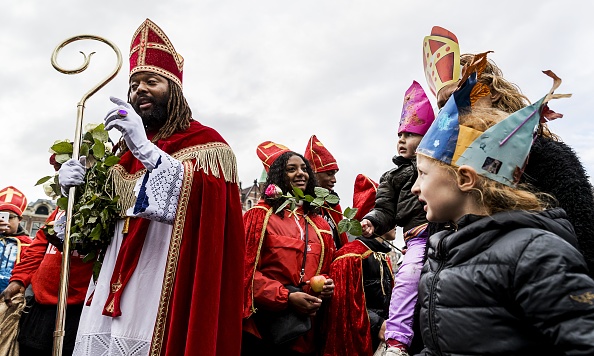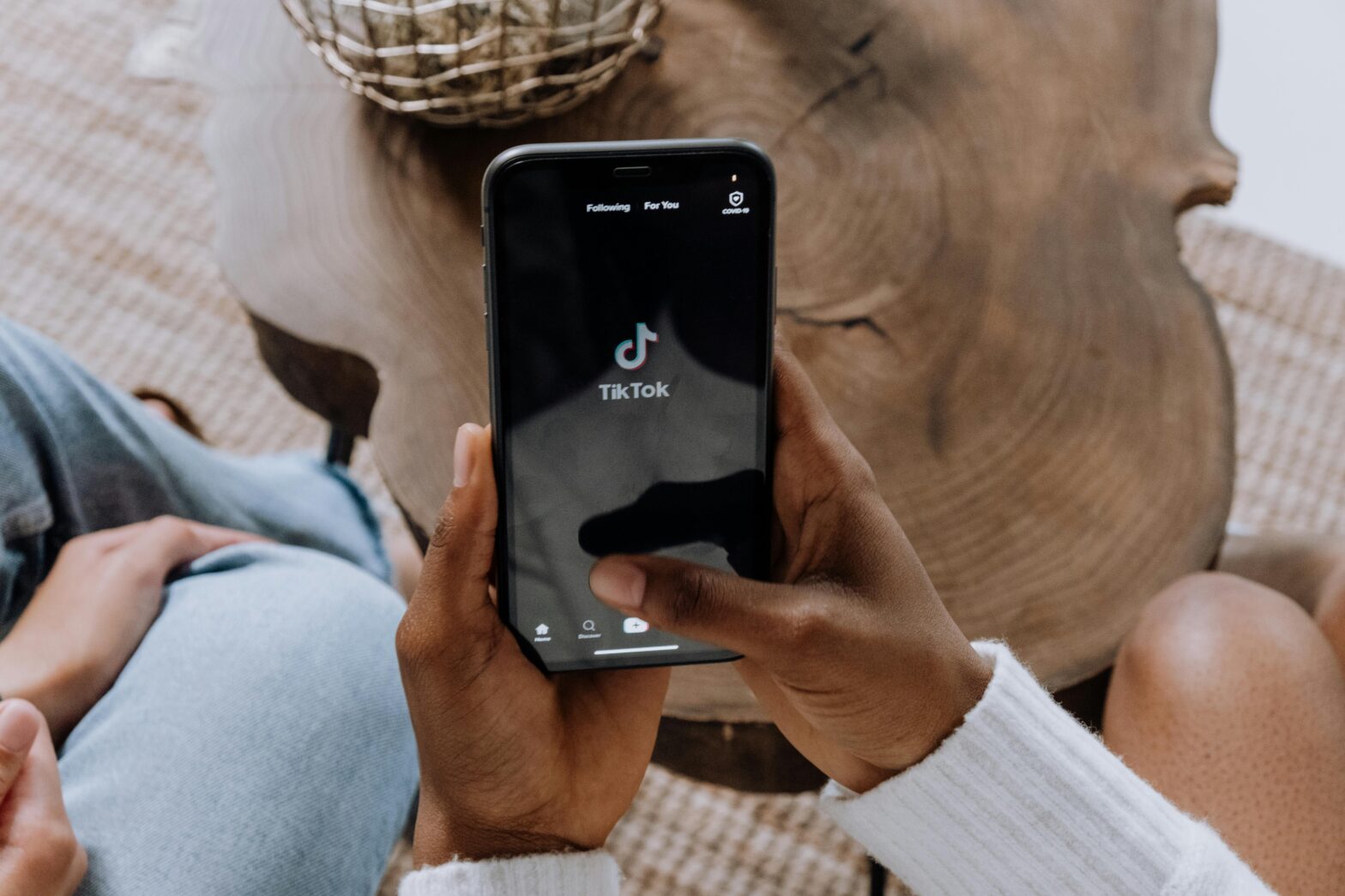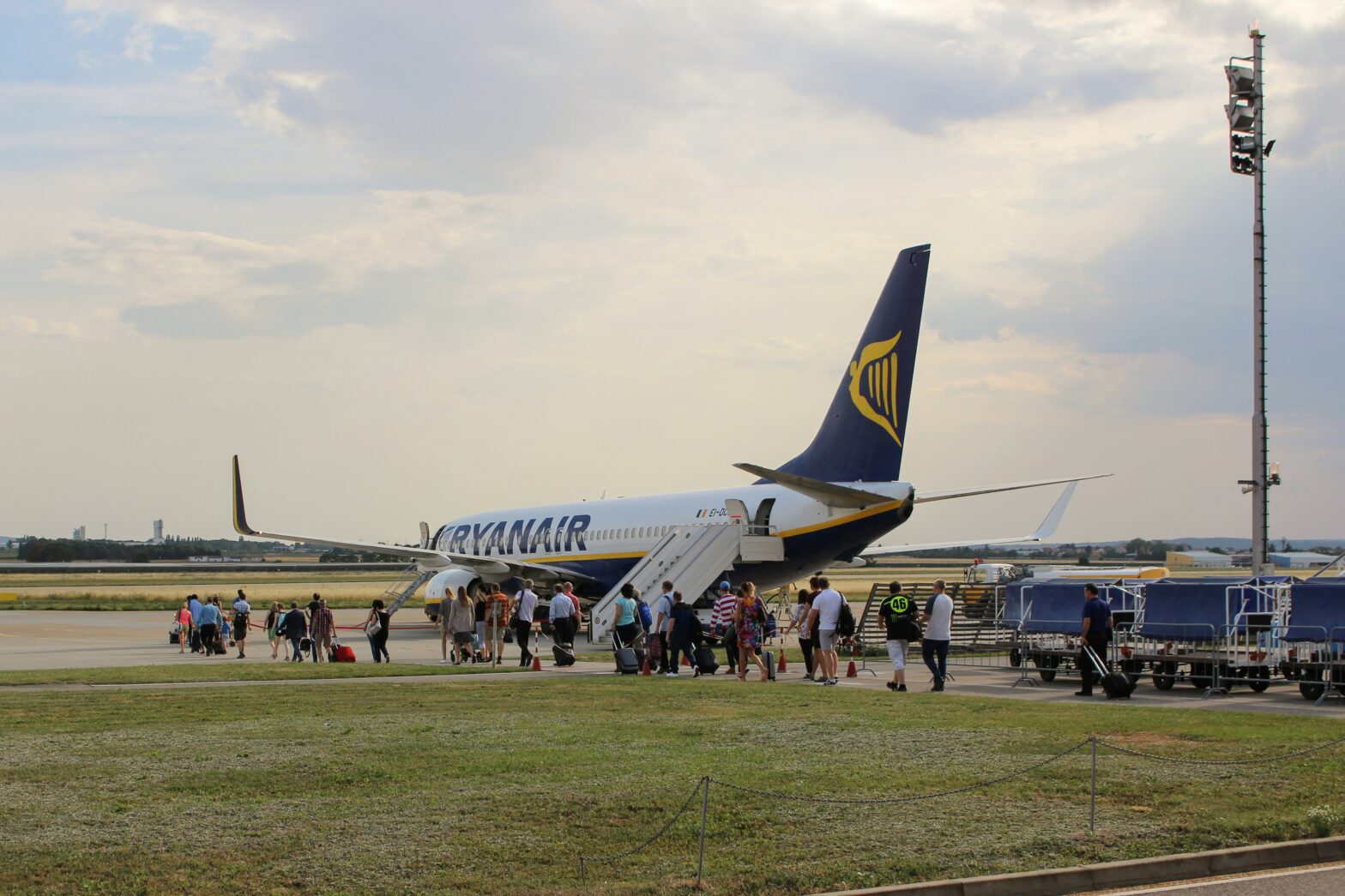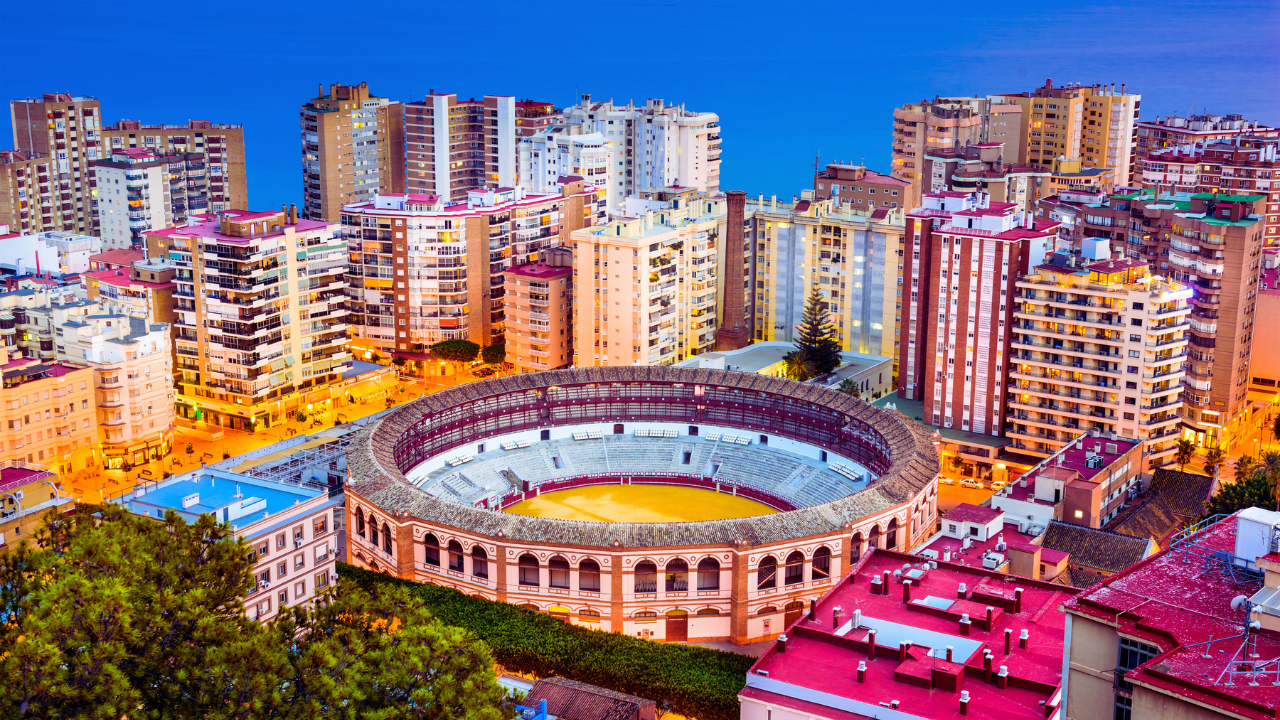Christianity has been on the continent of Africa since the middle of the first century. Recent data from Research Gate found that more than 500 million people identified as Christians on the continent.
With so many cultures and holiday traditions between various countries that celebrate Christmas in Africa, here’s a roundup of some of the most interesting holiday customs on the continent, according to Why Christmas:
Nigeria
Even though half of the country’s population in Nigeria identify as Muslim, there is a huge population of Christians in Nigeria. At least 40 percent of Nigerians consider themselves Christians, according to the Department of State.
Christmas in Nigeria is a family event where family members come together to celebrate, eat, and have fun.
On Christmas Eve, it’s not uncommon for families to entertain guests with Christmas parties that include an artificial Christmas tree, Christmas cards, and fireworks that last all night long.
Following the festivities on Christmas Eve, Nigerians head to church to give thanks to God and presents are exchanged among family members.
Some families take their children dressed in their new outfits to see Santa Claus, also known as Father Christmas.
In Nigeria, Father Christmas doesn’t sneak into your home. Instead, children are taken to see him at any of the locations where he’s stationed.
Ghana
In Ghana, Christmas is celebrated from the 20th of December to the first week of January when people travel to visit their family members and friends. On Christmas Eve, Ghanaians kick off Christmas celebrations with church services that involve drumming, dancing, and singing.
On Christmas Day, the day starts with a family meal, consisting of goat, vegetables, and soup, then followed by a church service for the community and a holiday parade.
After church, families head back home to give and receive gifts. Like Nigerians, some children believe that the gifts came from Father Christmas.
The Democratic Republic of Congo
Christmas is more of a religious festival that does not include presents in the Democratic Republic of the Congo. Churches have big musical evenings and a nativity play. These plays start at the beginning of the evening with the creation of the Garden of Eden and end with the story of King Herod killing the baby boys.
There are no presents involved, but families prepare a better meal than usual. The day is usually spent with family, good food, and rest stemming from preparations the night before.
Ethiopia
Most Ethiopians follow the ancient Julian calendar so Christmas in Ethiopia is celebrated on Jan. 7. Traditionally referred to as Ganna, Ethiopians start Christmas with fasting that began 43 days before Christmas known as the “fast of prophets.”
Traditionally referred to as Ganna, an Ethiopian Christmas typically begins with a day of fasting, followed by church services and a feast that includes stew, vegetables and sourdough bread.
Friends and families typically do not exchange gifts. Instead, communities come together to play games and sports.
Zambia
Christmas in Zambia includes religious services that involve churches putting on nativity plays. One or two days before Christmas, Zambians go around local communities to raise money for local charities by carol singing.
On Christmas day, parents encourage children to bring a present to church for children who are in the hospital or might not get a present because they are less fortunate.
Sri Lanka
Sri Lanka is a mostly Buddhist country and only 7 percent of the population identify as Christians. Christmas in Sri Lanka, however, is celebrated as a public holiday by everyone.
For Christians in Sri Lanka, the holiday season starts on 1st December when people let off firecrackers at dawn. The streets are decorated and the shopping centers have large Christmas trees inside them.





